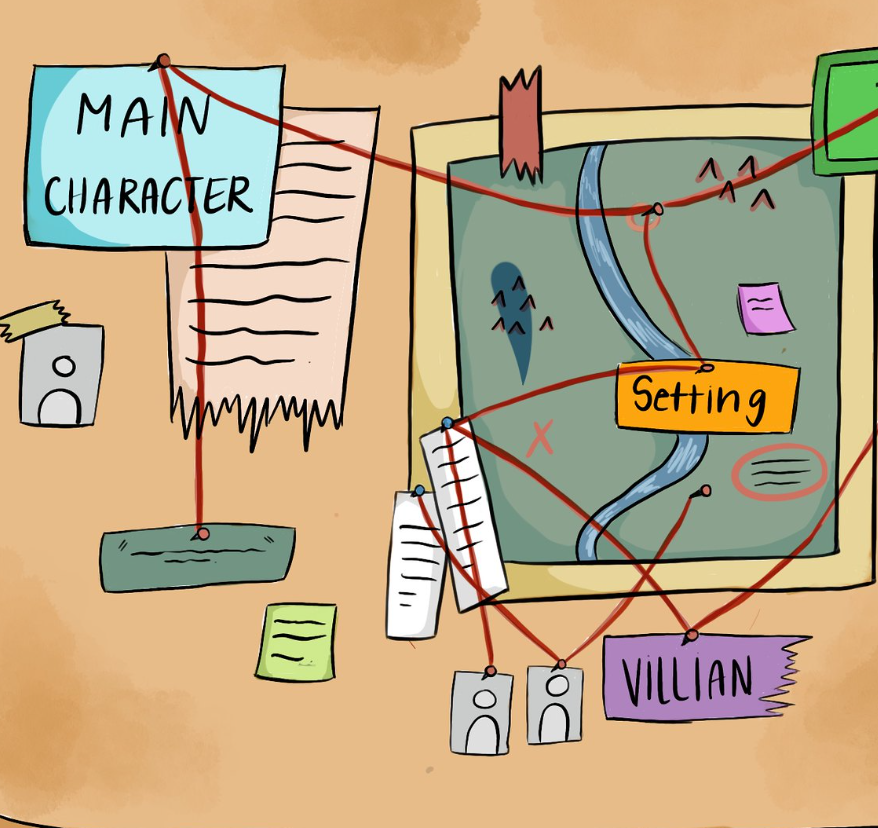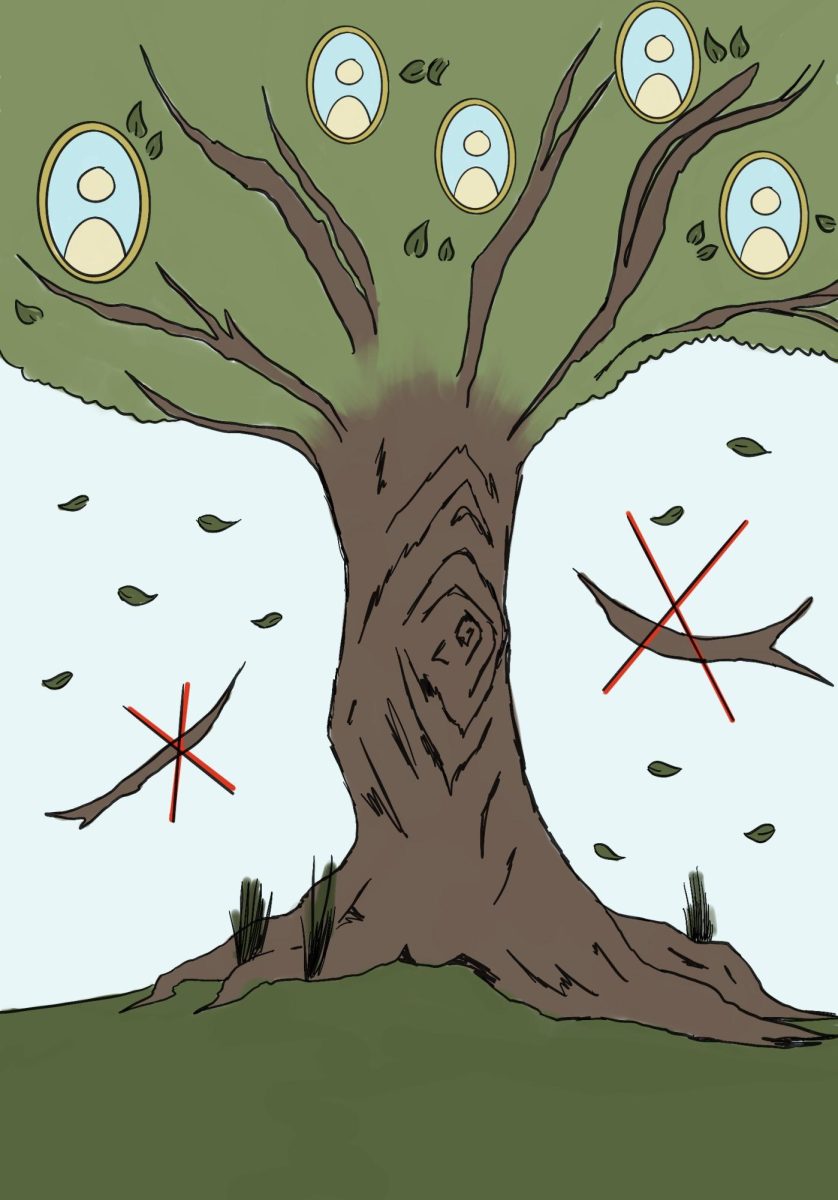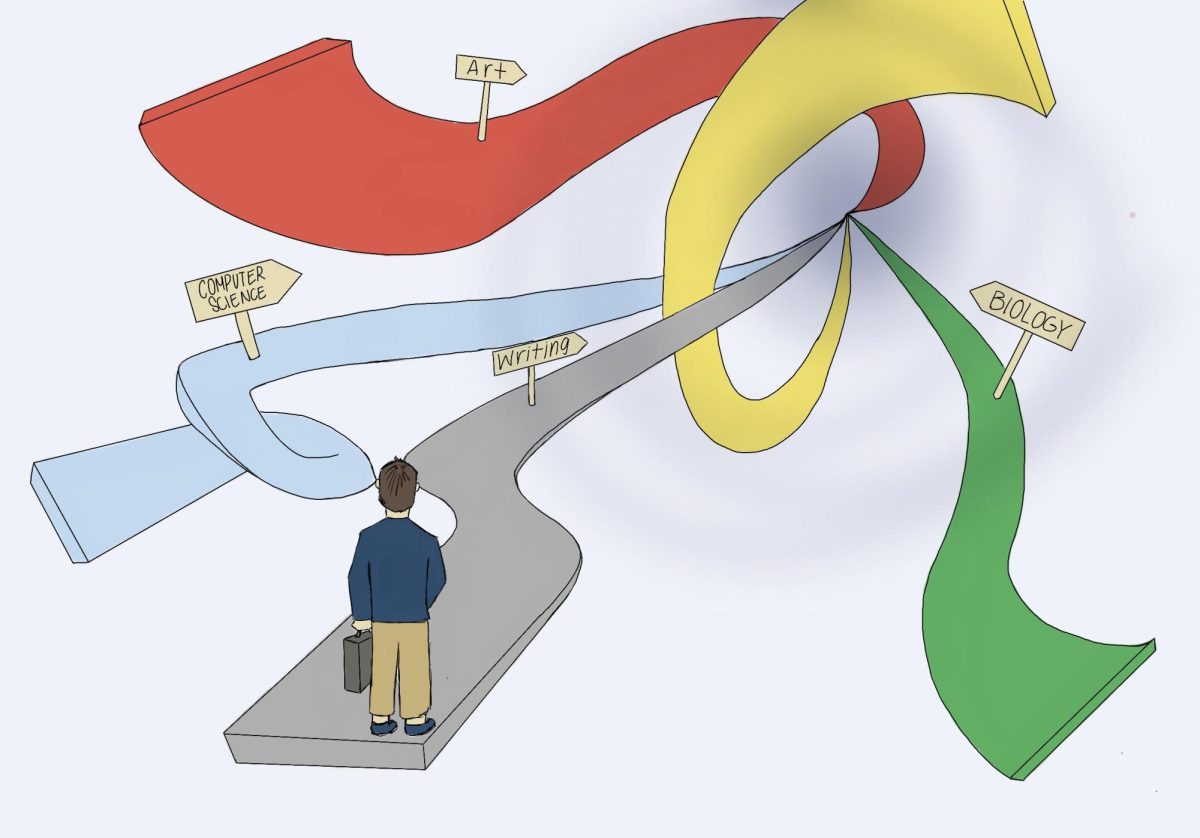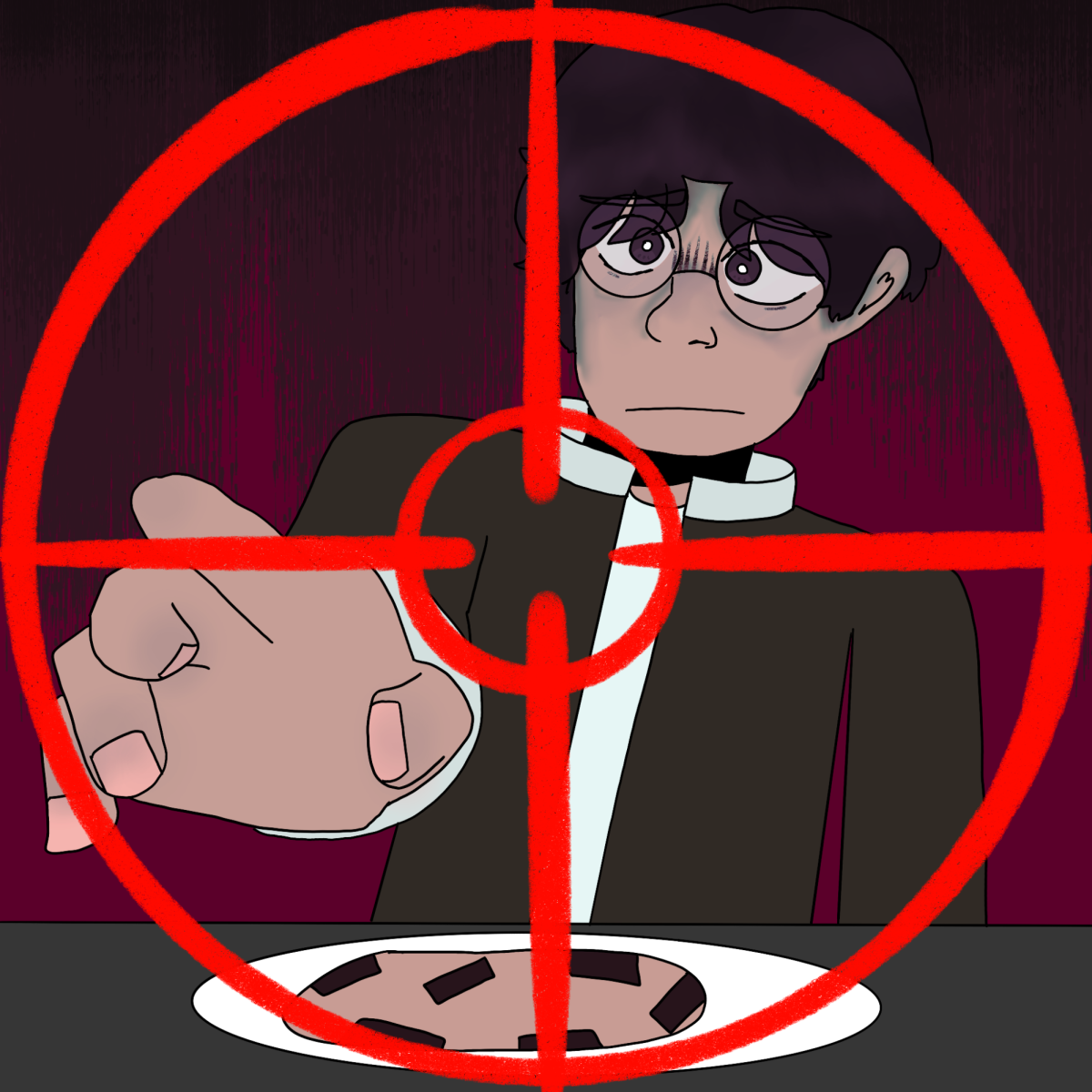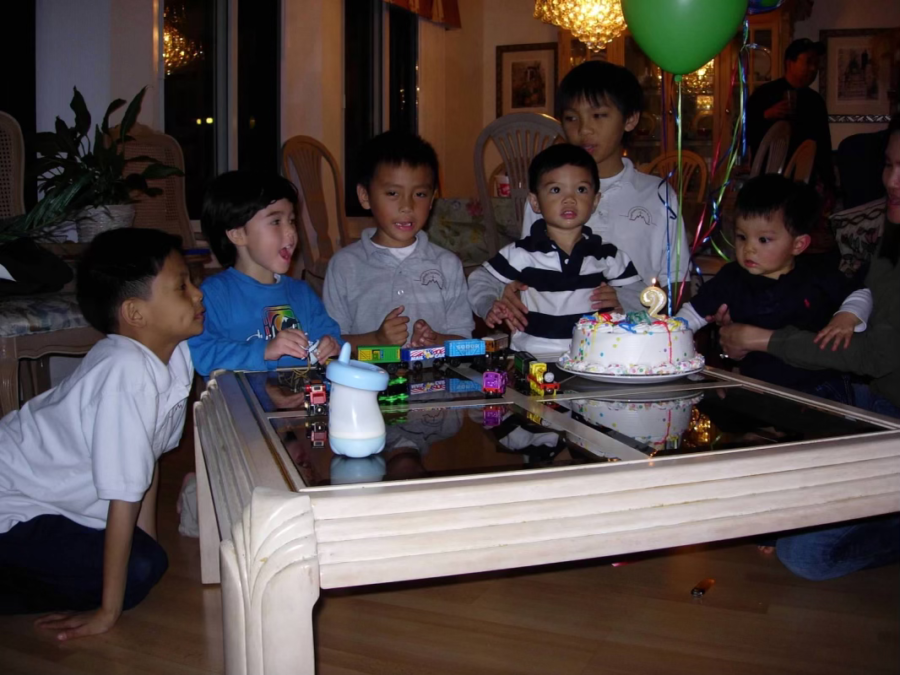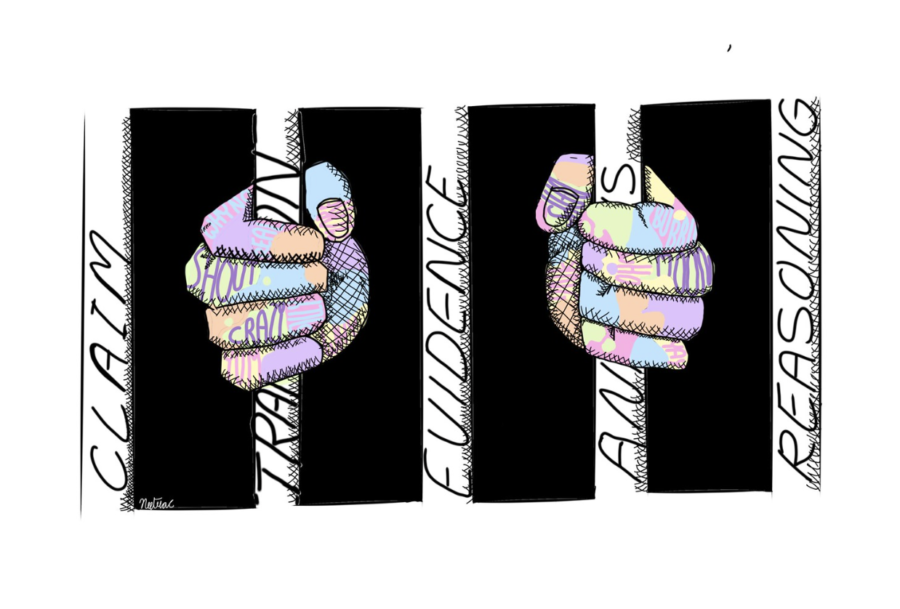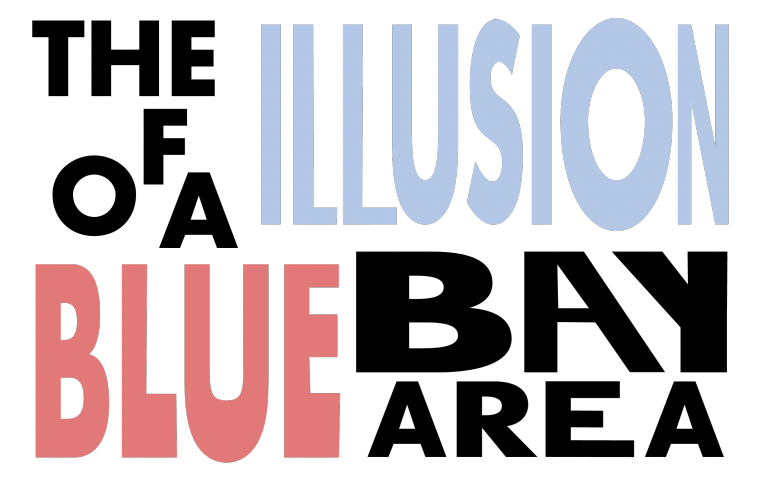“Do it for the plot.”
It’s those dreaded five words that let you know someone’s about to either hit up a toxic ex, cut their bangs, or both. (From experience, likely both.)
Making questionable choices for “the plot” is a trend that has rapidly overtaken both the internet and real life, sending us off the metaphorical cliff of rational thought and into the open sea of bad decisions — all in the name of spicing up our otherwise boring lives. However, even though it seems like just a silly trend, this act of referring to real events in our lives as “plot points” reflects a greater pattern: a pattern of fictionalizing our experiences into that of a character in a piece of media.
We think about each new year as a new “season” of our lives, with new characters, plot points, and settings. We refer to our past experiences and mishaps as our “lore.” And, of course, we talk about last night’s function like it was a picture-perfect scene from a coming-of-age movie. While making these comments in passing is harmless, there comes a point where we need to stop and realize: no, last night was not a movie — and fictionalizing our very real lives into idealized versions only harms us in the long run.
Turning reality into a narrative plot, in which we’re the main character and everyone else plays a side role, is a quick gateway to developing a narcissistic mindset. As psychologist Susan Albers explains, “main character syndrome is defined by a series of behaviors in which you see yourself as the most important person in the room” In other words, crowning yourself the “main character” inherently implies that everyone else is a less essential “side” one.
Unfortunately, sidelining everyone around us leads to self-absorbed behavior in which we fill up a disproportionate amount of space in social situations. Every self-centered monologue takes time away from hearing and validating the stories of others. Every overestimation of how much we matter undermines someone else’s value. And every “main character moment” on a screen that only exists in our own minds makes us blind to the people we’re pushing offstage in the process.
Not only does viewing people as “side characters” dismiss their importance, but it also disregards the fact that they’re actual people with real feelings. I’ve seen people ignore, tease, and occasionally even borderline harass those who they perceive as “Non-Player Characters,” or “NPCs,” as if they won’t be genuinely hurt and insulted by such behavior. Fictionalizing our actions has killed our empathy, and along with it, our ability to treat others with the kindness and respect they deserve.
Looking at other people in our lives as “characters” also reduces them from multifaceted, individual people to two-dimensional caricatures. Thinking about someone as the “villain” of your story leads to neglecting any redeeming aspects that could be empathized with, while regarding someone as a background “extra” ignores the value of their aspirations, personality, and motivations. Over time, this simplistic reduction forms a restrictive wall between us and others. It’s impossible to forge authentic connections with our friends, classmates, and families when we don’t regard them as complex people worthy of being understood.
Of course, our tendency to fictionalize real events in our lives into components of a “plot” has only exacerbated the problem. I’ve mentioned examples of “doing things for the plot,” like giving ourselves bad haircuts and breaking no-contact — silly incidents that don’t seem all that bad on paper. And yes, sending that risky text to a toxic situationship won’t make or break your well-being … but it will bring a draining person back into your life when you could have been focusing on yourself.
When we take a step back and look at our patterns of behavior, it’s clear that we’ve been using this fictionalization to make us feel better about genuinely self-sabotaging actions. Whether it’s putting ourselves in dangerous situations, damaging relationships, or sacrificing our academics, we’ve become so disconnected from reality that we forget that our behavior has tangible consequences rather than existing in an isolated narrative structure. Because life may be a dumpster fire, but at least the way the flames glow in this lighting will be interesting to the viewers, right?
By stopping myself from viewing life through the lens of consuming media, I’ve been able to form some of my most meaningful friendships and enjoy some of the most beautiful moments in my life. The best part? I experienced it all as me — not an idealized, fictional version of myself.
We all stand to gain something by occasionally reminding ourselves: we’re not the main character, the person we’re currently feuding with isn’t a villain, and last night’s homecoming dance, while fun, was nowhere near a movie.

